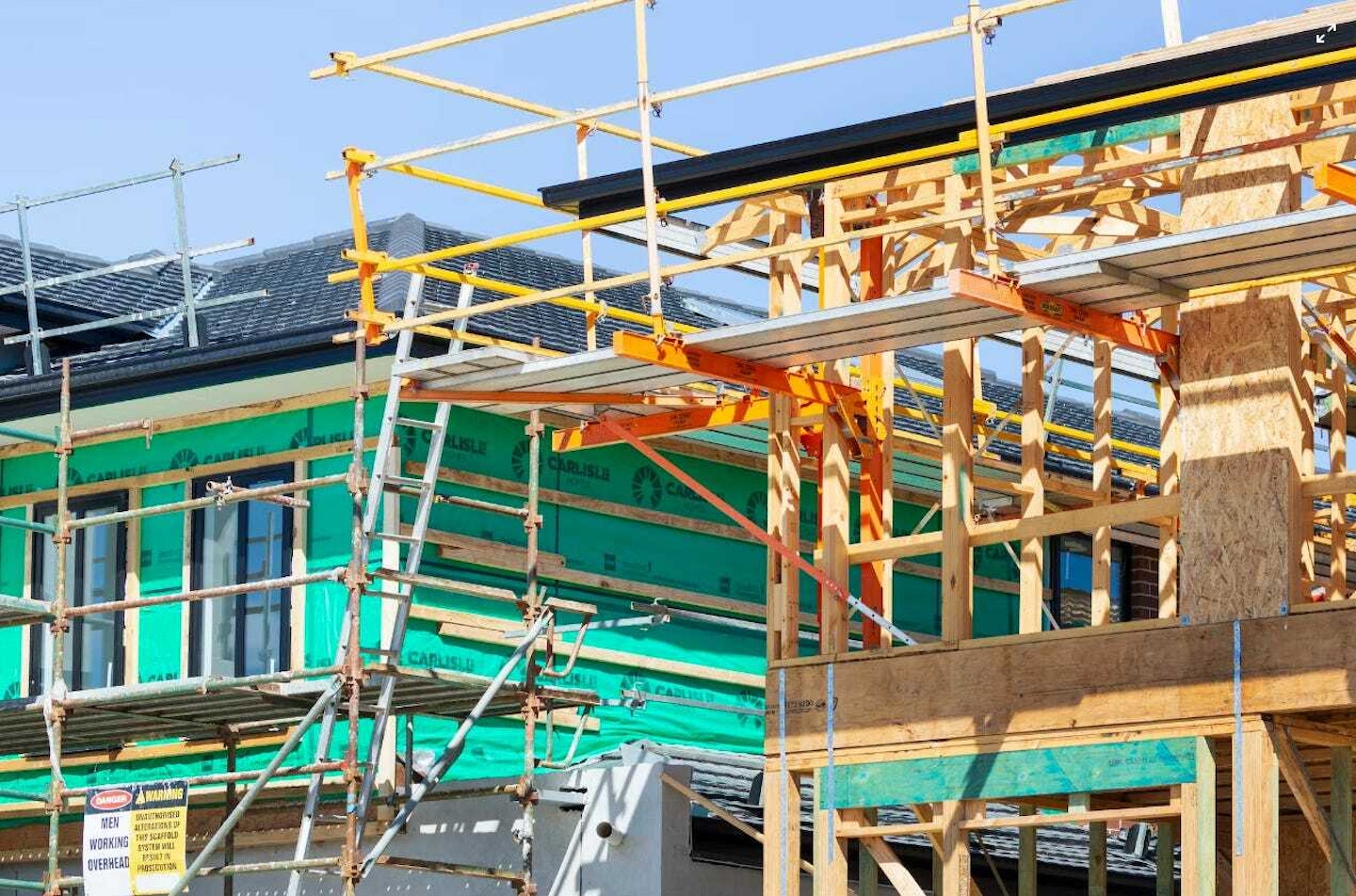
Last week, I talked about the “renter first” mindset and shared three simple steps to begin driving that mindset forward within your portfolio:
I mentioned that most new developments aren’t on “Cool Street” and that lease-up success must be dialed in rather than phoned in.
Coincidentally, we encountered a very related situation with a property this past week that wasn’t as worried about this piece as I think they should have been.
The story goes like this…
Our team at Authentic was hired to build our complete creative strategy for a new development, including naming, brand, web, digital, and more.
When it came time to sign the agreement, many of our marketing deliverables (and thus, marketing-related accountabilities, including onsite activation) were red-lined in favor of saving money and relying on a third-party property management company.
You may see where this is headed if you’ve been in the business for a long!
Nonetheless, this particular building will be leased in phases and begin welcoming residents near the end of 2023.
With over 200 units to complete in waves and many early units to fill, we launched the digital campaigns earlier this summer.
Fast-forward through two months of preleasing, and the results have been trickling in at an increasingly slower cadence. But we couldn’t quite figure out why.
Early on, leads were strong for this phase of the development lifecycle. Though our digital campaigns were gaining momentum, the overall lead intake was dropping.
We’d never seen something like it before.
The property management team had since been let go, and a new leasing team was hired. They continued to put pressure on us for more, better, consistent leads.
But then it hit us: check the source of these leads. What was breaking down in this property’s renter journey story?
The data had to tell the story.
As it turns out, the organic traffic had taken a nose dive. Not only was minimal onsite activation installed by the property management company, but that same onsite activation was slowly being taken down by wind and weather during the same two months of reporting.
Finally, a property drive-by confirmed our suspicions.
The site was no longer activated, and the tap for all new organic traffic had been nearly turned off to the tune of 50% fewer total leads because the property had no brand activation outside of a tiny banner remaining.
This story highlights a cautionary tale in multifamily lease-ups.
In this example, many factors were at play; multiple roles were arguably disjointed, and the development team assumed they knew best. Or, perhaps, didn’t know what they didn’t know.
Thankfully, we are early enough in the lease-up process to have found the hole and have taken steps to plug it, but many properties don't worry about the holes until it’s too late.
The situation reminds me of the marketing math power struggle early in contract negotiations.
“Why pay a company 2X more when I can pay half that to another group?”
Of course, it’s because the property will lease up twice as fast and make money quickly compared to bleeding the same amount for twice as long, or longer, with underperforming velocity.
Spending money on effective lease-up strategies is hard. We understand that more than most.
But the decision becomes easier when the flip side of the coin is suddenly knocking at your inbox in the form of 50% fewer leads, timid inbound velocity, and the feeling that you’re already months behind.
Once again, having a “renter first” mindset pulls us back to the center. It allows us to ask ourselves, collectively, what we need to be doing better.
What are we missing here?
Or better yet, where are they missing us?

Discover why boutique multifamily buildings outperform their larger competitors by focusing on curated experiences, intentional design, and emotionally resonant branding.

Discover how data-driven branding strategies can accelerate leasing, boost NOI, and turn your multifamily property's identity into a measurable performance asset.

Your brand’s reputation is built—or broken—at the leasing desk. Are you ready to unify leasing and marketing to protect it?

Remember when we all DIY dip-dyed our hair in Kool-aide and learned just because you can do it yourself doesn't mean you should? This week we're digging into the hidden costs of DIY'd branding.
A simple read in under 5 minutes, delivered to your inbox Saturday mornings.
A simple read in under 5 minutes, delivered to your inbox Saturday mornings.